Steve Ballmer: hits and misses from the Microsoft chairman
Microsoft's former CEO and chairman will be remembered as much for his failures as his successes
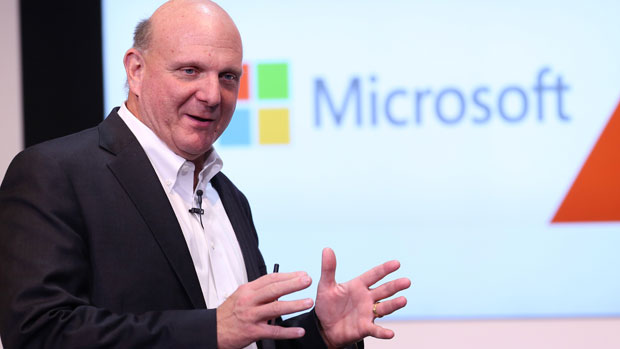
A free daily email with the biggest news stories of the day – and the best features from TheWeek.com
You are now subscribed
Your newsletter sign-up was successful
Microsoft's outgoing chairman Steve Ballmer once famously declared "I love this company". But as he departs the software giant, the question is, did Microsoft love him?
The enthusiastic tech billionaire, renowned for his rousing speeches that earned him the internal nickname Mr Monkey Boy, leaves the company significantly diminished from its 1990s heyday, yet in an improving financial situation and with its digital fingers still in many pies.
So should Ballmer's 14-year reign be seen as a success or a failure? And what will Bill Gates' successor's legacy be, as he takes up a new life as head of the US basketball franchise the Los Angeles Clippers?
The Week
Escape your echo chamber. Get the facts behind the news, plus analysis from multiple perspectives.

Sign up for The Week's Free Newsletters
From our morning news briefing to a weekly Good News Newsletter, get the best of The Week delivered directly to your inbox.
From our morning news briefing to a weekly Good News Newsletter, get the best of The Week delivered directly to your inbox.
The various hits and misses from Ballmer's time at the top could end up defining his legacy.
Miss – Smartphones
In 2007, when Apple co-founder Steve Jobs' unveiled the iPhone, Ballmer dismissed the new device as being "not a very good email machine", which would never do for business customers, because it lacked a physical keyboard, the BBC reports. Apple ended up cornering the exploding smartphone market while the Windows Phone, launched in 2010, had to make do with a small slice of the pie.
Hit – Gaming consoles
A free daily email with the biggest news stories of the day – and the best features from TheWeek.com
Ballmer is widely credited with helping the growth of Xbox, one of Microsoft's biggest success stories of the past two decades and the jewel in the crown of the company's entertainment and devices division. Since its launch in 1996, Xbox has grown to be one of the main competitors in the console wars, holding its own against products from Sony and Nintendo.
Miss – Tablets
Launched in October 2012 with a "belated attempt" to take on the market-leading iPad, the ill-fated Surface tablet failed to find much of an audience. Despite a huge advertising campaign, Microsoft was forced to write off nearly $1bn a year after it was released, ComputerWorld notes. Website Hothardware claims the device has cost the company $1.7bn in less than two years.
Hit - Windows XP
At its peak, Windows XP was the operating system used on more than 80 per cent of PCs, CNN notes. The popular software has shown "surprising staying power" and in 2013, 12 years after its launch, it could still be found on 39 per cent of the world's desktop computers.
Miss – Internet Explorer 6
In the early days of the world wide web, after seeing off competition from Netscape Navigator, Internet Explorer had a near total stranglehold on all online browsing, with a market share of 96 per cent in 2002. Nine years later, Forbes' technology writer Mark Gibbs wrote an impassioned piece entitled "Internet Explorer must die". The article branded Microsoft's sixth incarnation of their browser as an "epic failure". Gibbs wrote: "The security and standards compliance of this browser were simply terrible and various fixes were generated and released by Microsoft at a pace that seemed glacial given how crucial IE was to both users and Microsoft’s market presence and ambitions online". In 2014 IE's market share is put somewhere around 50 per cent, and is on the wane.
Ballmer worked at Microsoft for 34 years, during which time the company’s astronomical growth turned him into a billionaire. His shares in Microsoft now exceed those of Bill Gates and amount to 3.99 per cent of the company – which makes him worth more than $15bn.
-
 6 of the world’s most accessible destinations
6 of the world’s most accessible destinationsThe Week Recommends Experience all of Berlin, Singapore and Sydney
-
 How the FCC’s ‘equal time’ rule works
How the FCC’s ‘equal time’ rule worksIn the Spotlight The law is at the heart of the Colbert-CBS conflict
-
 What is the endgame in the DHS shutdown?
What is the endgame in the DHS shutdown?Today’s Big Question Democrats want to rein in ICE’s immigration crackdown
-
 Why 2025 was a pivotal year for AI
Why 2025 was a pivotal year for AITalking Point The ‘hype’ and ‘hopes’ around artificial intelligence are ‘like nothing the world has seen before’
-
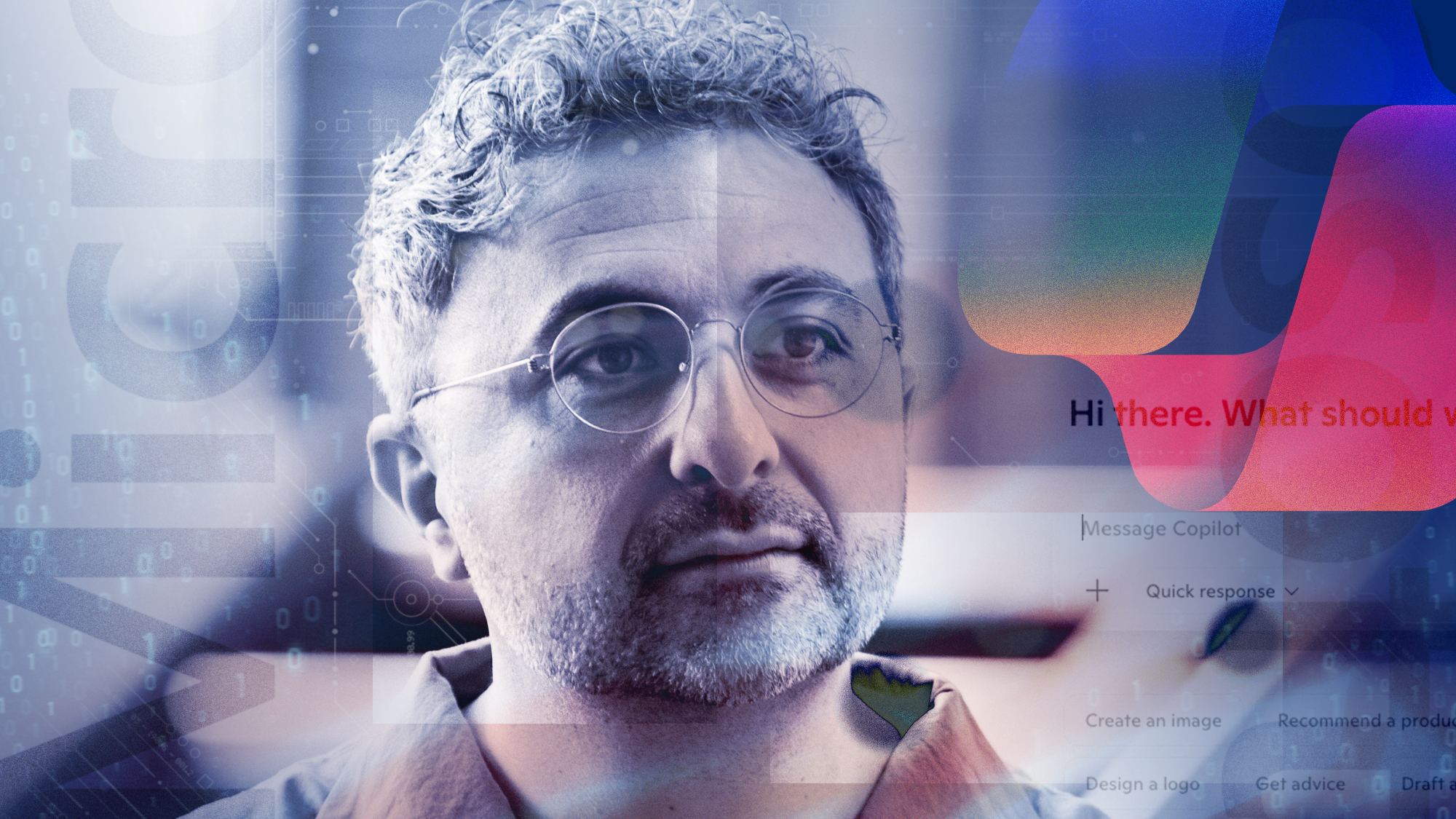 Microsoft pursues digital intelligence ‘aligned to human values’ in shift from OpenAI
Microsoft pursues digital intelligence ‘aligned to human values’ in shift from OpenAIUNDER THE RADAR The iconic tech giant is jumping into the AI game with a bold new initiative designed to place people first in the search for digital intelligence
-
 How the online world relies on AWS cloud servers
How the online world relies on AWS cloud serversThe Explainer Chaos caused by Monday’s online outage shows that ‘when AWS sneezes, half the internet catches the flu’
-
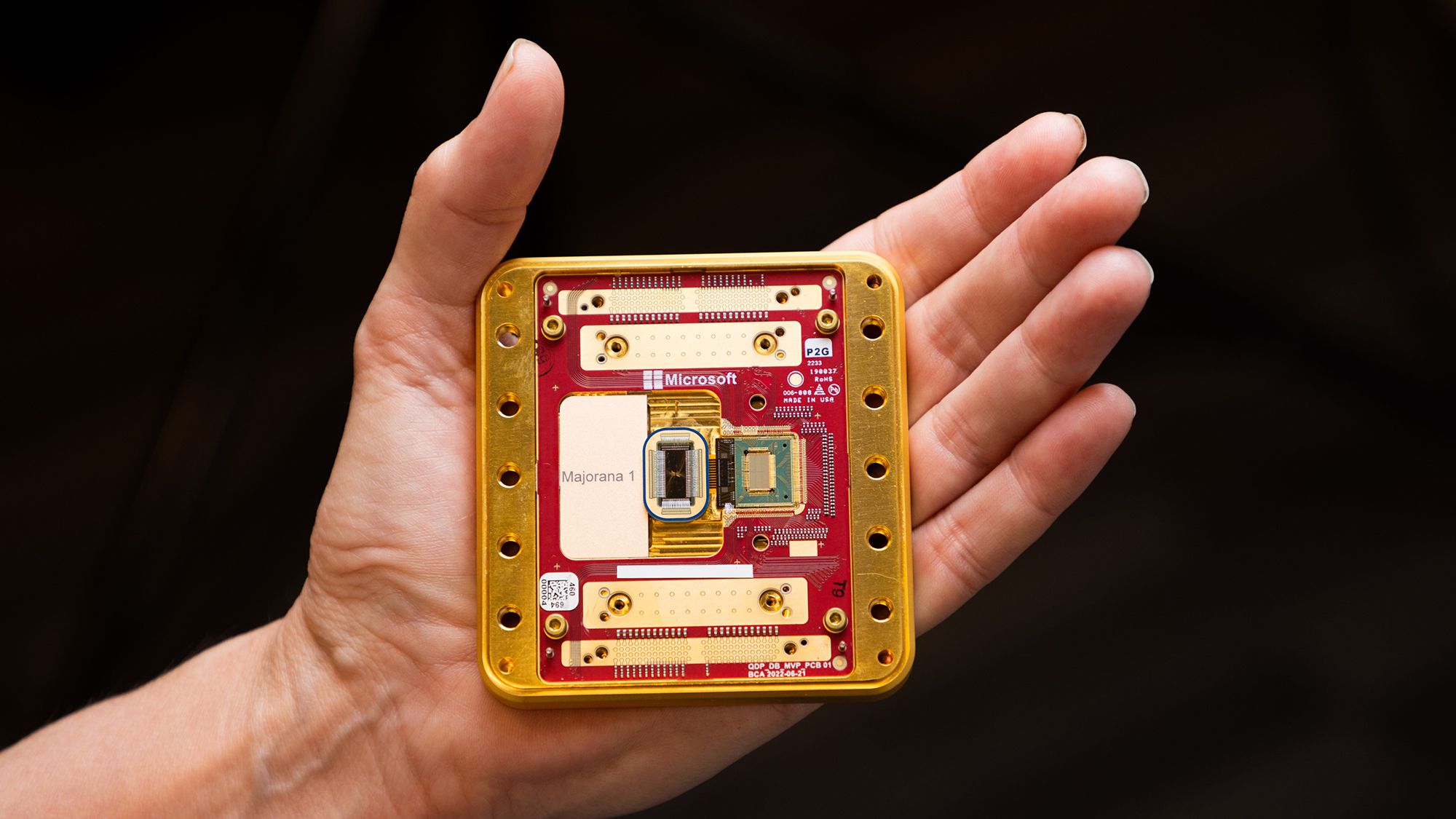 Microsoft unveils quantum computing breakthrough
Microsoft unveils quantum computing breakthroughSpeed Read Researchers say this advance could lead to faster and more powerful computers
-
 Microsoft's Three Mile Island deal: How Big Tech is snatching up nuclear power
Microsoft's Three Mile Island deal: How Big Tech is snatching up nuclear powerIn the Spotlight The company paid for access to all the power made by the previously defunct nuclear plant
-
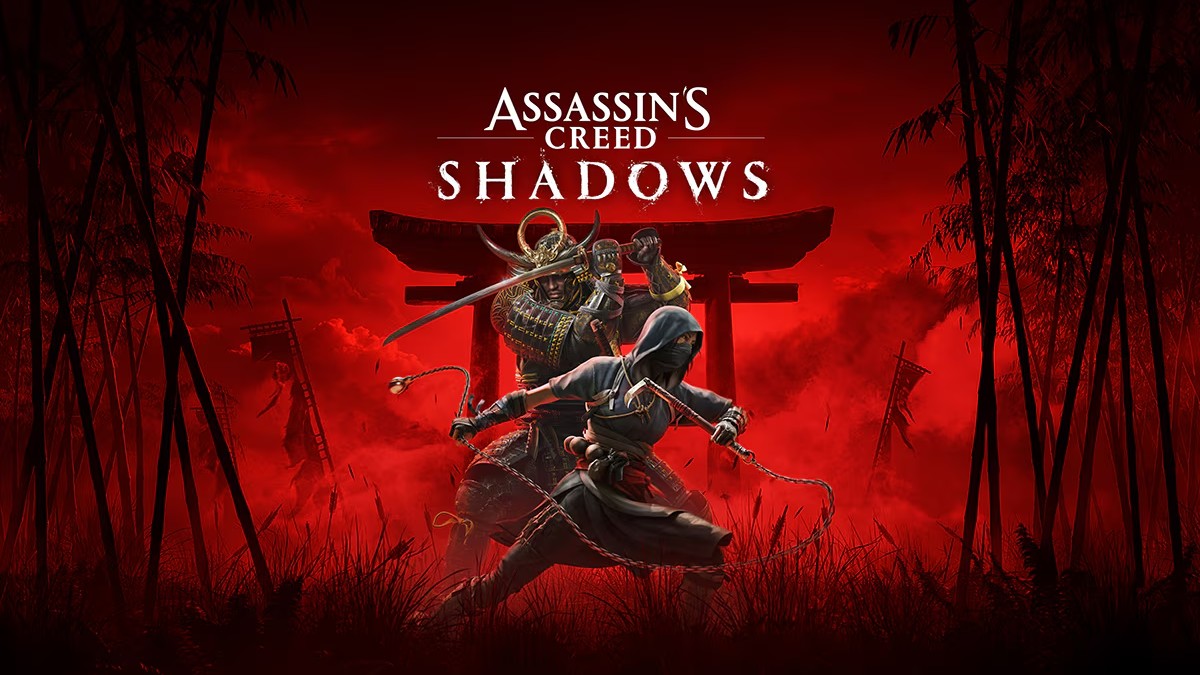 Video games to play this fall, from 'Call of Duty: Black Ops 6' to 'Assassin's Creed Shadows'
Video games to play this fall, from 'Call of Duty: Black Ops 6' to 'Assassin's Creed Shadows'The Week Recommends 'Assassin's Creed' goes to feudal Japan, and a remaster of horror classic 'Silent Hill 2' drops
-
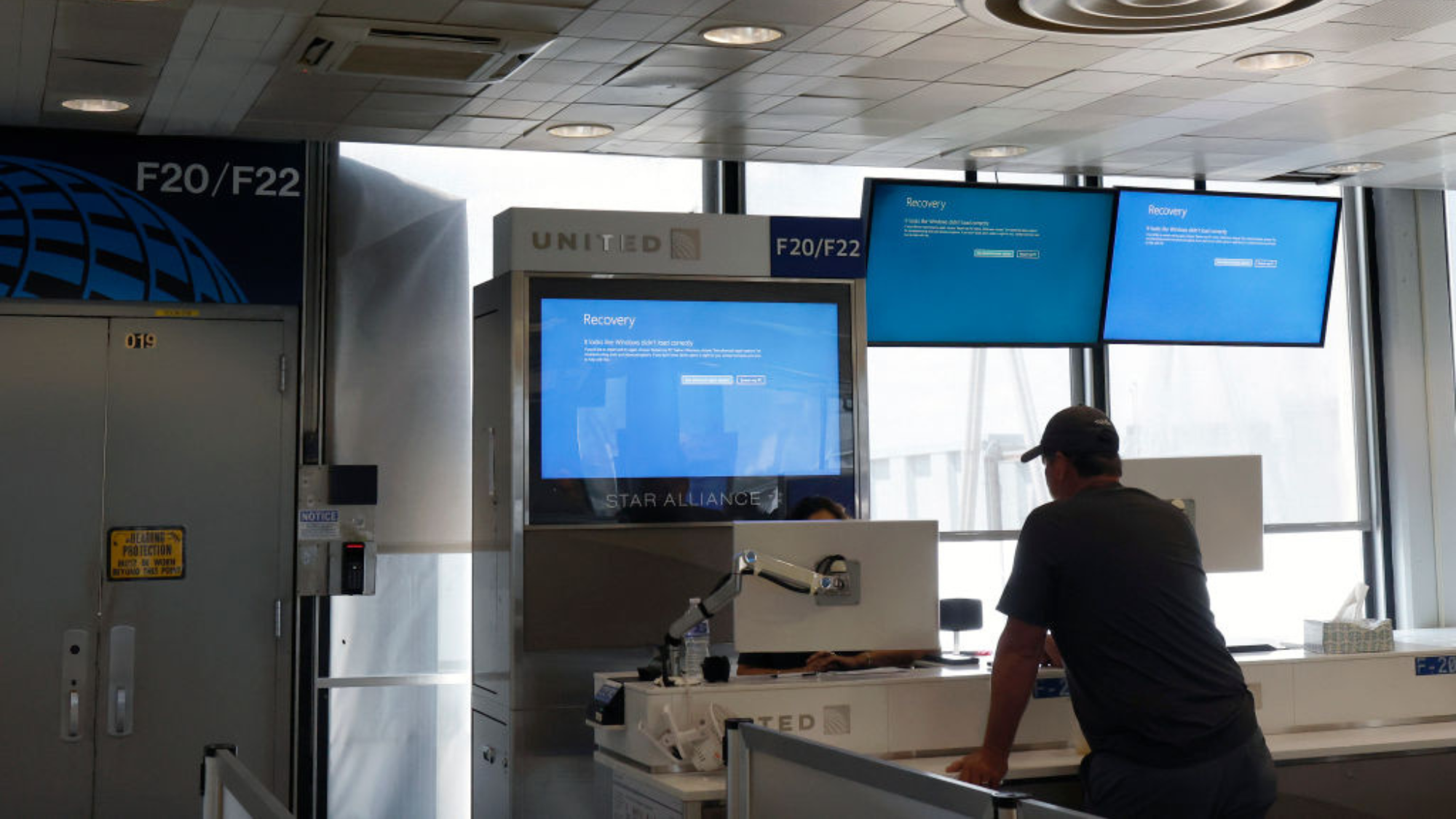 CrowdStrike: the IT update that wrought global chaos
CrowdStrike: the IT update that wrought global chaosTalking Point 'Catastrophic' consequences of software outages made apparent by last week's events
-
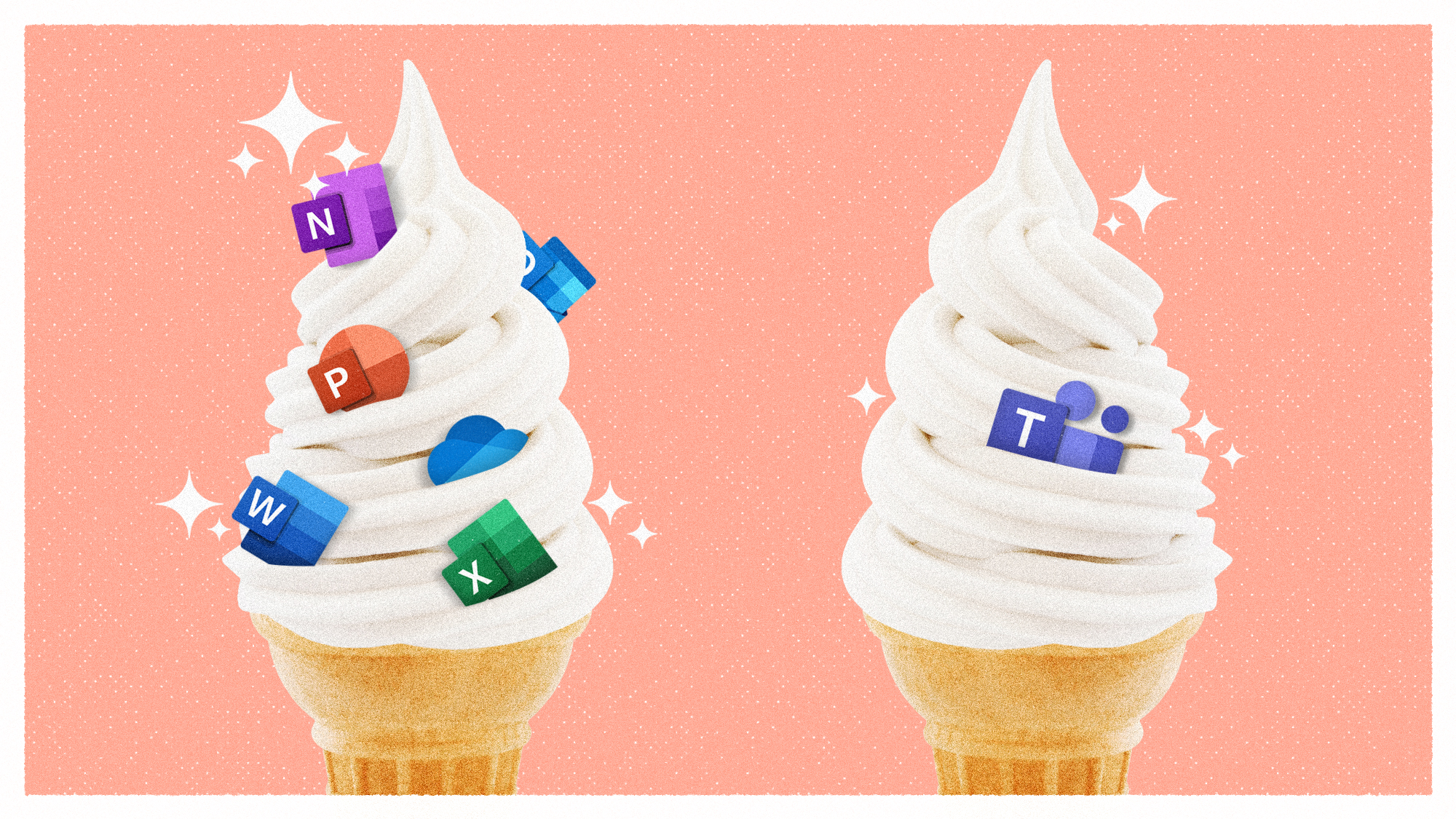 Why is Microsoft breaking up Teams and Office?
Why is Microsoft breaking up Teams and Office?Today's Big Question The company had previously divided the software in Europe, but will now make this change globally